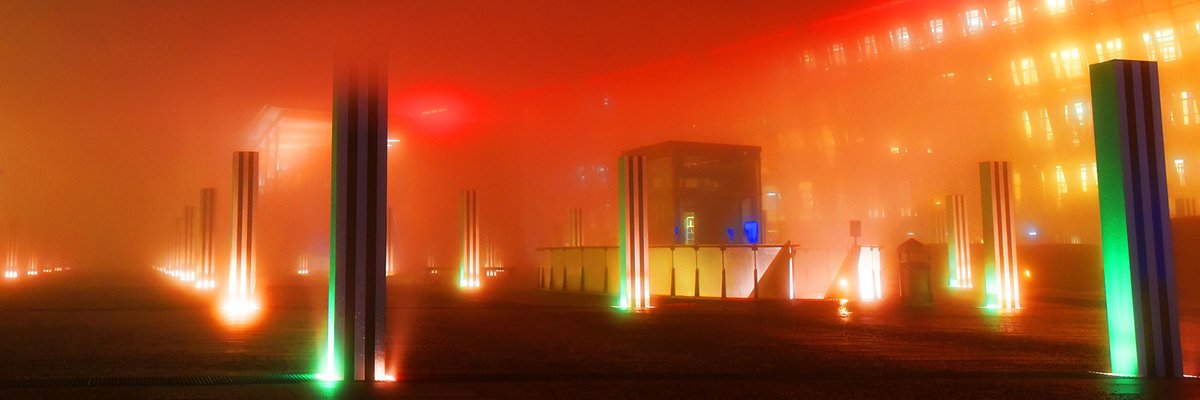
Cisco has announced a series of deals for its wired and wireless services with two of Northern Europe’s leading telcos, Telenor and Deutsche Telekom.
With Scandinavian operator Telenor, Cisco will deploy 5G xHaul transport networks in Norway and Denmark, while Deutsche Telekom is deploying a new network architecture based on the Cisco 8000 Series, claimed to be the world’s most powerful mass-scale routers.
The background to the Telenor deal began in April 2021 when NEC and Cisco entered a global system integrator agreement (GSIA) to expand their partnership for accelerating the deployment of 5G IP transport network systems worldwide. This project is a described as a flagship initiative in which the two companies take full advantage of the GSIA and collaborate to deliver “state-of-the-art” networks to the customer.
NEC and Telenor have a longstanding working relationship and the new project is an extension of a global frame agreement signed in 2016 for Telenor’s 4G IP/multi-protocol label switching (MPLS) network in Scandinavia to deliver next-generation networks to the operator.
For this specific project, Cisco will supply its NCS 540 series as the cell site router and NEC will provide value-added services built on its expertise both in the IT and network domain to implement an architecture that it says will enables flexible and highly scalable end-to-end IP/MPLS networks with bandwidth that can support the high-capacity and low-latency communication required by 5G.
Going forward, NEC and Cisco say they will continue to make collaborative efforts to further enhance their joint solution portfolio and to optimise regional activities for advancing the digital transformation of customers across the globe.
“We continue to look for ways we can shape the future of the internet ,” said Shaun McCarthy, vice-president of worldwide sales, mass infrastructure group at Cisco. “Through our partnership with NEC, we can help Telenor connect more people in Norway and Denmark and provide the automation and orchestration necessary to meet future demands on the network.”
In its contract with Deutsche Telekom, Cisco says its intention is to allow the operator to deliver faster internet to connect more people across Europe. Deutsche Telekom has more than 246 million mobile customers, over 27 million fixed-network lines and 22 million broadband lines and has worked closely with Cisco to redesign its network to build the internet for the future and expand reliable access to more people across Europe.
The new network architecture is powered by the Cisco 8000 Series mass-scale router, which can offer the agility and speed necessary to meet network demands and deliver an optimal, secure experience for Deutsche Telekom customers and expand the current new 400Gbps interfaces to 800Gbps interfaces in the future. Deutsche Telekom implemented the upgrade, from design to full provisioning in its central backbone, in under four months.
Deutsche Telekom said moving from a Cisco CRS-X multi-chassis system to Cisco 8000 series routers has also reduced power consumption by up to 92% per 100Gbps, making a significant contribution towards achieving the company’s CO2 neutralisation goals. Deutsche Telekom had already seen a major advantage in the technology, reducing space requirements from eight racks to one rack per system, crediting the high port density of the routers.
“Providing our customers with fast, reliable broadband to stay connected to the people and things that matter most is our top priority,” said Walter Goldenits, CTO of Telekom Deutschland. “The cooperation with Cisco provides us with a secure and stable network with supreme availability and security which benefits our customers.”

Comentarios recientes